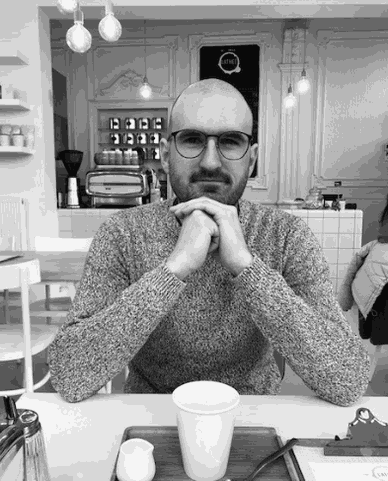M13 - Structural Equation Modeling with Lavaan
Target audience
This course targets everyone with an interest in testing theories or models that involve relationships between both observed and latent variables. The audience for this course can include both novices with little or no previous experience with SEM, as well as existing users who wish to refresh or update their theoretical and practical understanding of structural equation modeling.
Description
Structural equation modeling (SEM) is a general statistical modeling technique to study the relationships among observed and latent variables. It spans a wide range of multivariate methods including path analysis, mediation analysis, confirmatory factor analysis, growth curve modeling, and many more. Many applications of SEM can be found in the social, economic, behavioral and health sciences, but the technology is increasingly used in disciplines like biology, neuroscience and operation research. SEM is often used to test theories or hypotheses that can be represented by a path diagram. In a path diagram, observed variables are depicted by boxes, while latent variables (hypothetical constructs measured by multiple indicators) are depicted by circles. Hypothesized (possibly causal) effects among these variables are represented by single-headed arrows. If you had ever found yourself drawing a path diagram in order to get a better overview of the complex interrelations among some key variables in your data, this course is for you.
The first day of the course provides an introduction to the theory and application of structural equation modeling, and illustrates how to use the open-source R package `lavaan’ (see https://lavaan.org) to conduct an SEM analysis. On the second day, we discuss several special topics that are often needed by applied users (handling missing data, nonnormal data, categorical data, longitudinal data, multilevel data, etc.). With the exception of a short practical session at the end of the first day, the two days are mostly lectures, to maximize the amount of information that we can teach. However, do-it-yourself practicals (with written feedback and solutions) will be made available and illustrate all the topics that are covered in this course.
Course prerequisites
Participants should have a solid understanding of regression analysis and basic statistics (hypothesis testing, p-values, etc.). Some knowledge of (exploratory) factor analysis (or PCA) is recommended, but not required. Because lavaan is an R package, some experience with R (reading in a dataset, fitting a regression model) is recommended, but not required.
Exam / Certificate
Participants can, if they wish, take part in an exam about this course. The exam will be in the form of a project where participants either analyze their own data (using SEM), or analyze a dataset that is provided by the teachers. The data, the analysis, and the results (with interpretation) are written out in a project paper of about 4 pages. A certificate from the University will be issued to participants with at least a degree at the bachelor level or an equivalent degree, upon succeeding in this test. This module can be incorporated as a course in a doctoral training program.
Type of course
This is an on campus course. We offer blended learning options if, exceptionally, you can't attend a class on campus.
Schedule
May 20 and 21, 2024 from 9am to 4.30pm
Venue
Auditorium 3 at the Faculty of Psychology and Educational Sciences, Henri Dunantlaan 2, Ghent.
Teachers


Course material
Exercises and slides provided by the instructor
Fees
The participation fee is 750 EUR for participants from the private sector. Reduced prices apply to students and staff from non-profit, social profit, and government organizations. The exam fee is € 35.
| Employment | Course fee (€) |
| Industry, private sector, profession | 750 |
| Nonprofit, government, higher education staff | 565 |
| (Doctoral) student, unemployed | 340 |
Register
Register for this course
UGent PhD students
As UGent PhD student you can incorporate this 'specialist course' in your Doctoral Training Program (DTP). To get a refund of the registration fee from your Doctoral School (DS) please follow these strict rules and take the necessary action in time. The deadline to open a dossier on the DS website (Application for Registration) for this course is March 17, 2024.
Opening a dossier with your DS does not mean that you are enrolled for the course with our academy. You still need to register on the site.
It is you or your department that pays the fee first to our academy. The Doctoral School refunds that fee to you or your department once the course has ended.
KMO-portefeuille
Information on "KMO-portefeuille": https://www.ugent.be/nl/opleidingen/levenslang-leren/kmo
